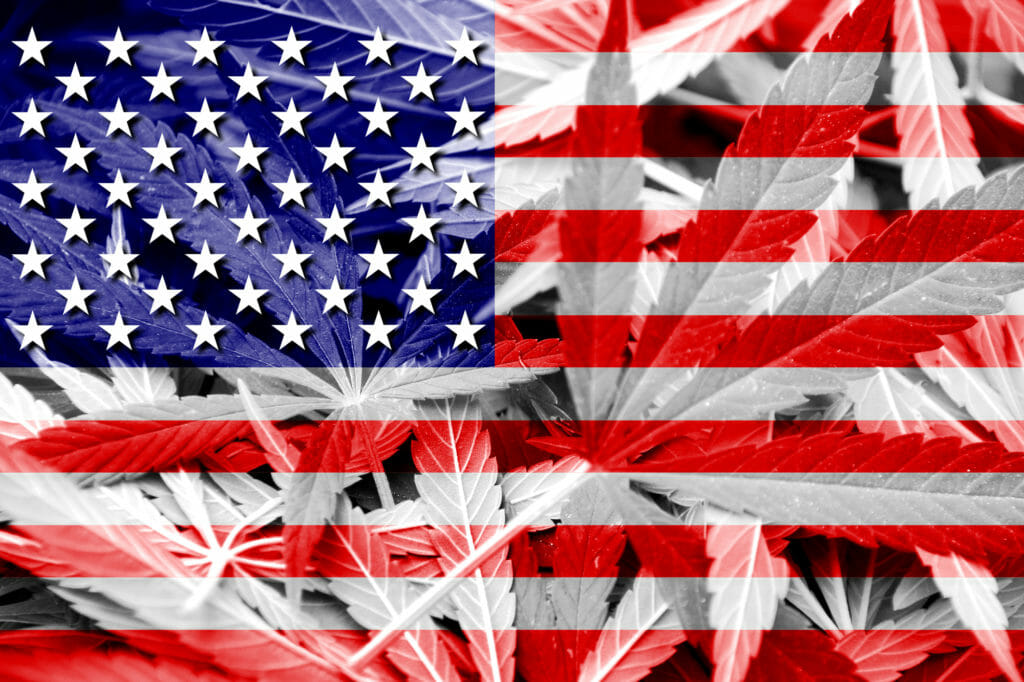The 2018 Farm Bill removed hemp from the Controlled Substances Act did not affect or modify the Federal Food, Drug, and Cosmetic Act (“FDCA”) or the Food and Drug Adminstration’s (“FDA”) ability to promulgate regulations and guidelines that relate to hemp under. The FDA regulates a wide variety of medical and consumer products sold in the United States including food, drugs, dietary supplements, medical devices, cosmetics, and tobacco products.
The FDA has approved of the use of CBD in the prescription drug Epidiolex. As a result, the FDA has indicated in press releases, enforcement letters, and its website that Hemp CBD cannot be used in foods, beverages, or dietary supplements. This is because under the FDCA, any article that is investigated as a new drug cannot be used in food, beverages, or dietary supplements, unless the article was widely marketed in those products prior to the drug investigation.
In addition, the FDA has taken a hard line against Hemp CBD in unapproved drugs. The FDA determines whether something is a drug based on its intended use, and determines a product’s intended use, in turn, based on how it is marketed. If a manufacturer or distributor makes any type of health claim (“CBD cures cancer” or “CBD may treat inflammation”) or human structure claim (“CBD may increase levels of calcium in bones”) about a product that the FDA has not investigated and approved as a drug, the FDA will consider it a drug. Foods, ingredients in foods, drugs, and dietary supplements are all subject to premarket FDA approval.
The FDA also regulates tobacco and nicotine tightly but does not have clear regulatory authority of smokable hemp products, such as dried flower, e-liquid and vape pens. That’s because generally, these products don’t contain any tobacco or nicotine. To clarify, the FDA likely could have regulatory authority over these products, but it hasn’t established a clear jurisdictional hook.
Though the FDA is a federal agency, it’s policies have a significant impact on the states. Some states have aligned themselves with the FDA’s position. Others have taken a more permissive approach. Many states have provided little to no guidance on the subject of Hemp CBD.
Almost 90 years ago, in 1932, Supreme Court Justice Louis Brandeis wrote a dissenting opinion in New State Ice Co. v Liebmann, which contained this timeless passage:
To stay experimentation in things social and economic is a grave responsibility. Denial of the right to experiment may be fraught with serious consequences to the nation. It is one of the happy incidents of the federal system that a single courageous State may, if its citizens choose, serve as a laboratory; and try novel social and economic experiments without risk to the rest of the country.
This concept of states as “laboratories of democracy” remains a “happy incident” of our federal system to this day. States can experiment with their own laws without subjecting the citizens of other states to the related risks (or, including them in the upside).
Experiments are complicated and require close observation. That can be tough when you have 50 “laboratories of democracy” all operating at once. Over the past few years, states have been experimenting with how to regulate products containing Hemp CBD. This has resulted in a complex system of inconsistent policies on Hemp CBD. For businesses that are distributing Hemp CBD products across the country, it seems that these laboratories of democracy have created a logistical monster.
























